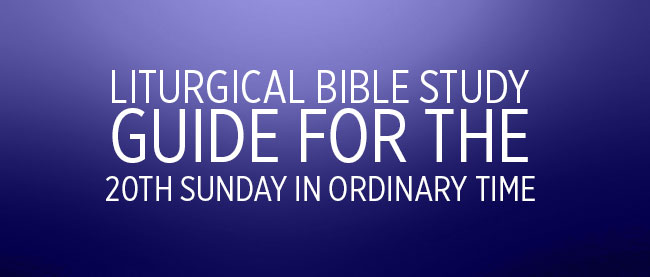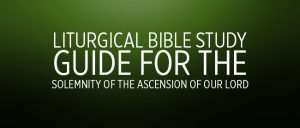1st Reading – Isaiah 56:1, 6-7
The name Isaiah means “Yahweh is salvation.” His book is the first of the books of the major prophets, majority being determined by the length of their writings. Although at the time of Christ the entire book was believed to have been written by Isaiah himself, more modern scholarship now sees three authors for this book.
The prophecies contained in the first part (chapters 1 through 39) of the book refer to the period in which Isaiah himself lived.
In the second part of the book (chapters 40 through 55), the scene changes. Isaiah now sees Babylon, almost two centuries later, at a point when the exiled Jews are in need of consolation.
The third part (chapters 56 through 66) looks at the return of the Jews just at thepoint when they are taking steps to reform their lifestyle in keeping with the covenant even though they are very exposed to foreign and idolatrous influences. By this time the Jews apparently have an altar although they have not yet begun to rebuild the Temple or the city walls.
Our reading for today comes from the beginning of this third part. The faithful are reminded of their covenant relationship with God.
2nd Reading – Romans 11:13-15, 29-32
Last week we heard the opening verses of Chapter nine where Saint Paul laments for Israel which has failed to recognize the messiah. The remainder of chapter nine and all of chapter ten continue with this lament with numerous references to the Old Testament. He points out that Israel’s plight is not contrary to God’s direction of history, but that their failure is derived from Israel’s own refusal, and that this failure is partial and temporary.
Gospel – Matthew 15:21-28
Last week we heard of Jesus’ walking on water after the feeding of the five thousand. This week we hear of his encounter with the Canaanite woman prior to his feeding of the four thousand.





